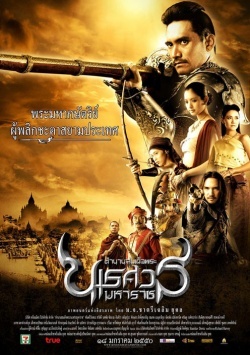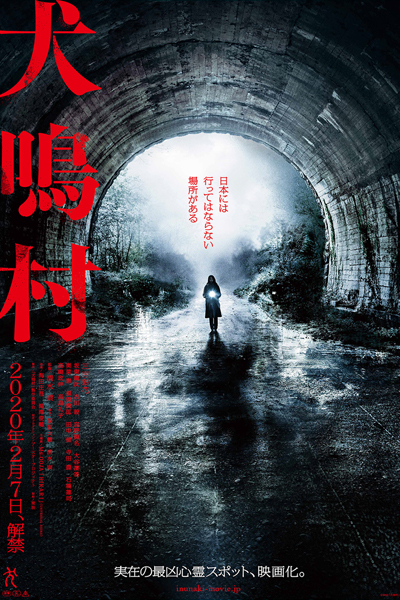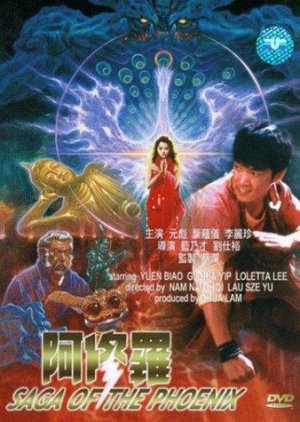The film portrays King Naresuan's life, the great king who ruled Siam from 1590 until his death in 1605. He conquered the wars and declared the freedom to Ayothaya, the homeland that was invaded by Burma's troop. The film is directed by Chatrichalerm Yukol and is a followup to his 2003 film, The Legend of Suriyothai.
Naresuan, born in 1555, was the son of King Maha Thammaracha by his chief queen, who was the daughter of King Maha Chakkraphat. He had been taken off to Burma as a hostage for his father’s good behavior in 1564; he returned home in 1571 only when his sister was presented to King Bayinnaung.
Though Naresuan was then only 16 years old, his father sent him north to take charge of the Phitsanulok region, thereby maintaining the Sukhothai line's traditional claim on the manpower of that region. At the same time, Naresuan was officially designated uparat, heir-presumptive to the throne of Ayothaya. Over the next decade, he matured to power and demonstrated his great military capabilities in several actions against Cambodia. In the midst of Ayothaya's difficulties in 1581-82, the young prince was sent to Pegu to represent his father in paying homage to King Nanda Bayin, who had succeeded Bayinnaung at the end of 1581.
There he must have seen at first hand the factionalism and jockeying for power that soon threatened to shake the powerful Burmese Empire apart.
Legend has it that, in the course of that visit, Naresuan participated with his troops in a Burmese expedition against a Shan state and succeeded in taking a city after the Burmese crown prince and another prince had failed to do so. He thereby gained the jealous enmity of the crown prince, and the Ayothaya chronicle's accounts of the Thai-Burmese conflict that followed are enlivened by the personal rivalry and animosity between the two men.
Soon, relations between Pegu and Ayothaya worsened. In 1583, reports reached Naresuan that the Burmese were constructing a road toward Ayothaya; and in the following year, Naresuan was summoned to assist Nandabayin in a campaign against a rival prince in Ava. Naresuan complied and marched with his troops from Phitsanulok to the Mon region of the lower Salween River.
There he was informed that the Burmese planned to ambush and kill him. After rounding up captives in the region, he marched back to Phitsanulok and then moved down river to Ayothaya, bringing with him considerable numbers of men to bolster the defenses of the capital. Naresuan now clearly was in defiance of the Burmese court.
When a small force sent to punish him early in 1585 was easily repulsed, the Burmese sent vast expedition against Ayothaya in 1585-86 and 1586-87, but on both occasions Naresuan was able to withstand them. In the latter case, he also dealt successfully with a small Cambodian attack. Following the death of King Maha Thammaracha in June 1590, Naresuan formally became king of Ayothaya, perhaps appointing his younger brother Ekathotsarot as his junior co-ruler; soon thereafter the Burmese resumed their attacks.
Annual expeditions culminated in a major Burmese offensive at the end of 1592. Led by the crown prince, Naresuan's old rival, Burmese troops marched over the Three Pagodas Pass to Kanchanaburi and from there northward toward Suphanburi, aiming to approach Ayothaya from the west. Informed of their approach, Naresuan led a force from the city and encountered the Burmese at Nong Sarai, twenty-three kilometers northwest of present-day Suphanburi. A massive battle between the two forces ensued on January 18, 1593. The Burmese won the initial skirmishes and pressed down hard on Naresuan's main force. Rather than reinforced his vanguard, Naresuan stood his ground while the Burmese rushed forward, breading ranks in pursuit of the crumbling vanguard. Naresuan and his brother, Ekathotsarot, then plunged into the fray mounted atop war elephants and, on seeing the elephant of the Burmese crown prince, advanced toward it. To the crown prince, Naresuan shouted out, "Come forth and let us fight an elephant duel for the honor of our kingdoms." In a few moments it was all over. As the two elephants closed, the crown prince slashed a glancing blow at Naresuan with his war scythe, whereupon his body lay exposed to a sudden slash of Naresuan's sword. The crown prince was slain, and the Burmese army fell into disarray and retreated toward Kanchanaburi. The Ayothaya army followed, inflicting heavy casualties upon them. Ayothaya's independence now was secured, and for the next generation, the Burmese kings would be on the defensive against Ayothaya, the tables of war thus turning for the first time in 30 years.
Release: 2007
#Tags:
















